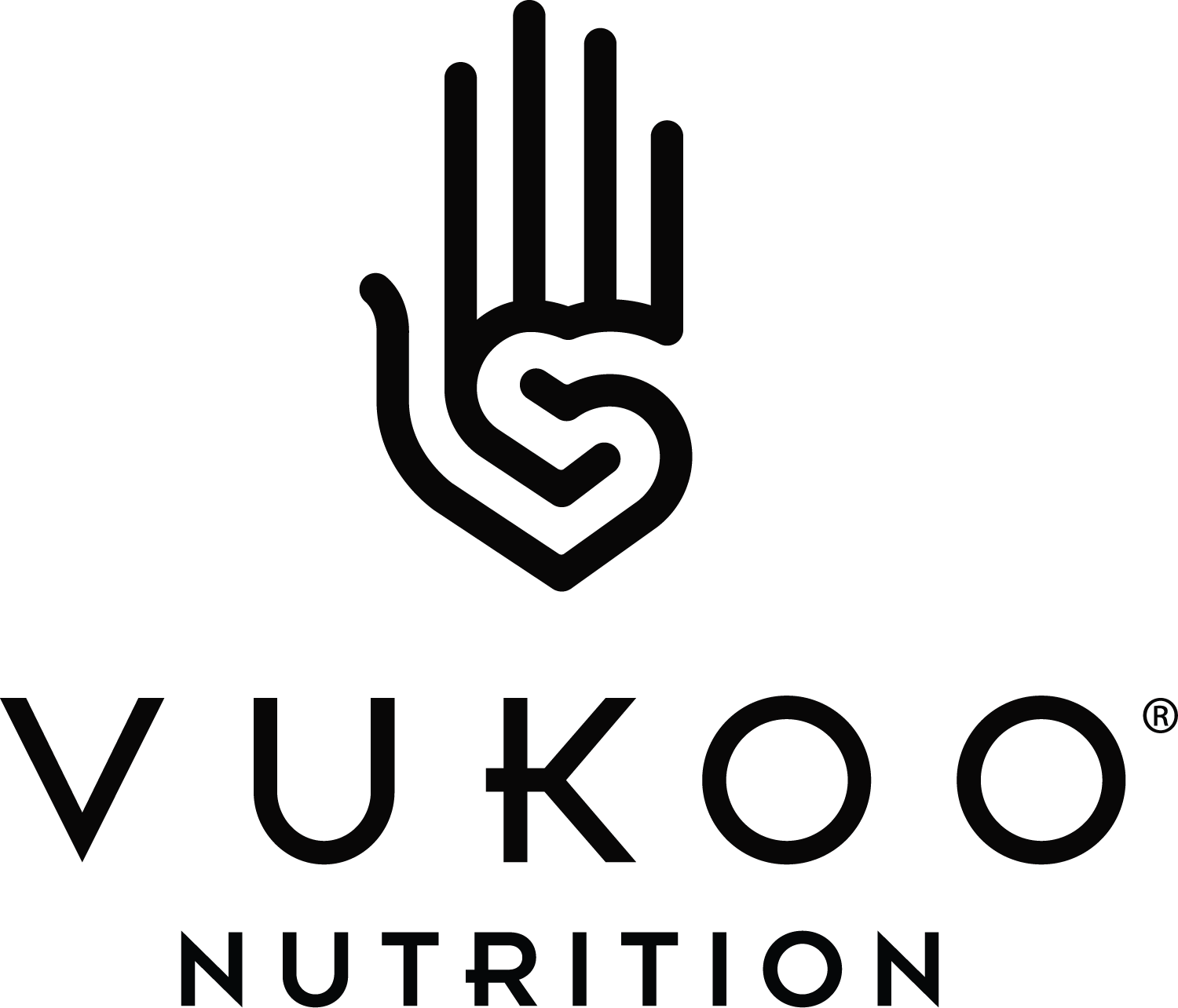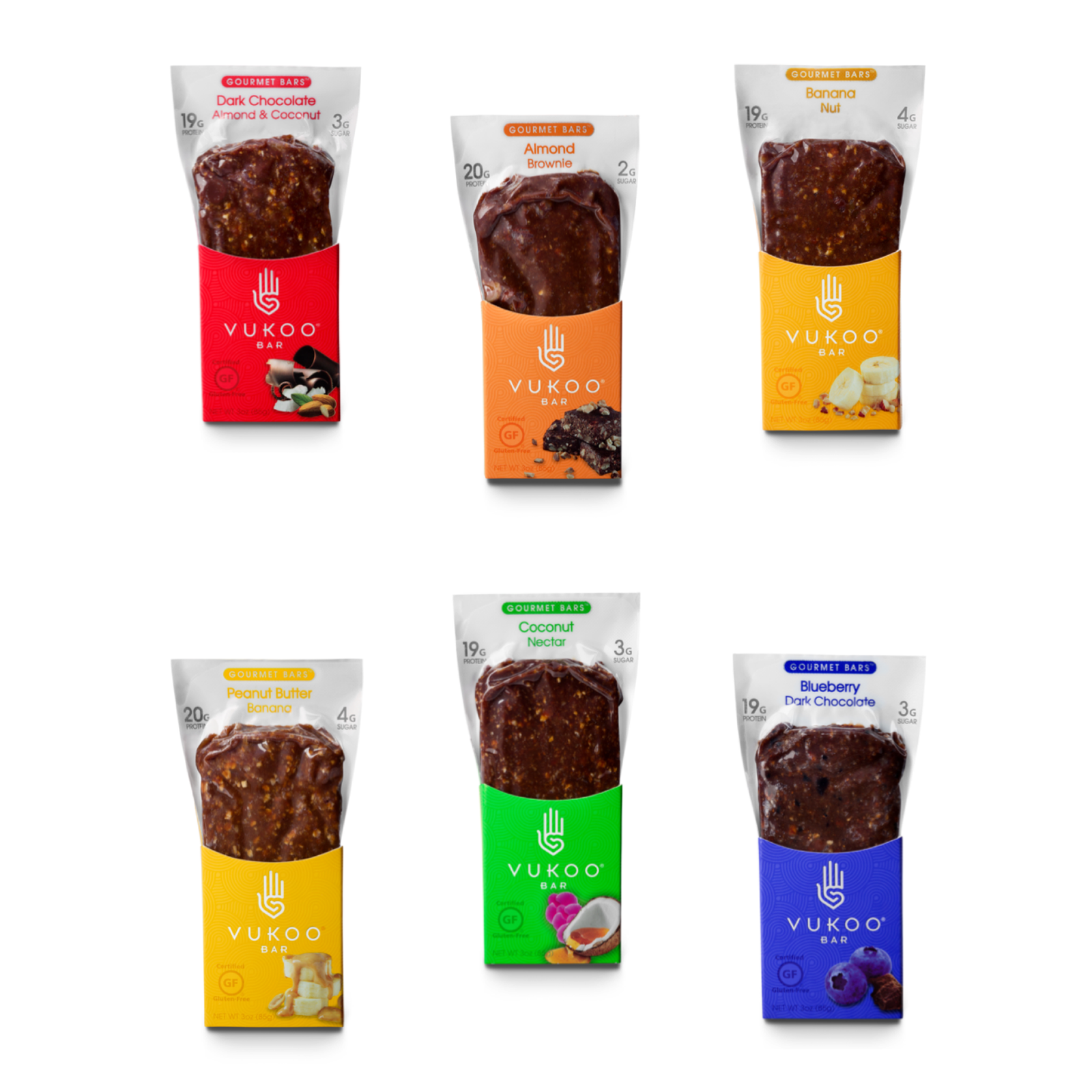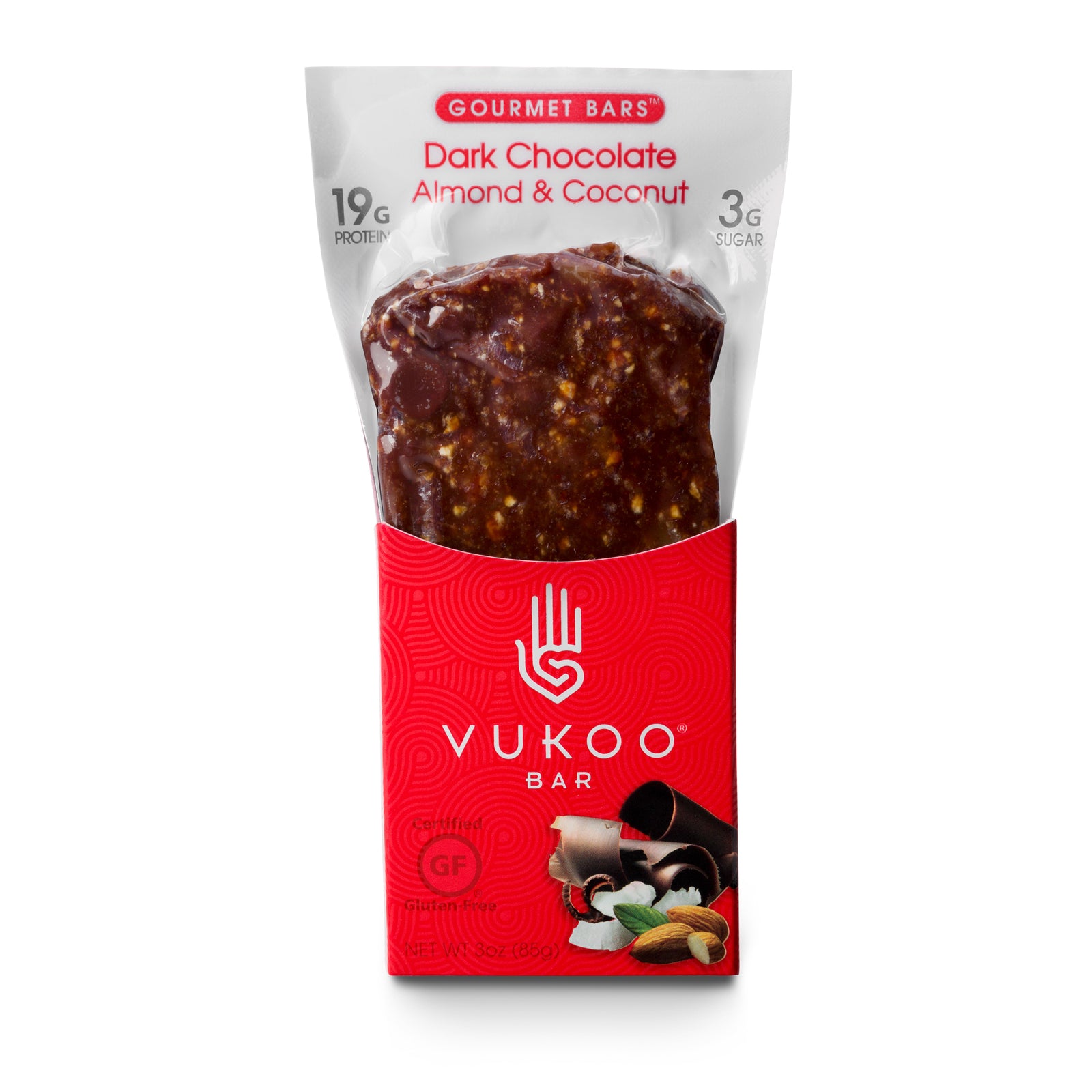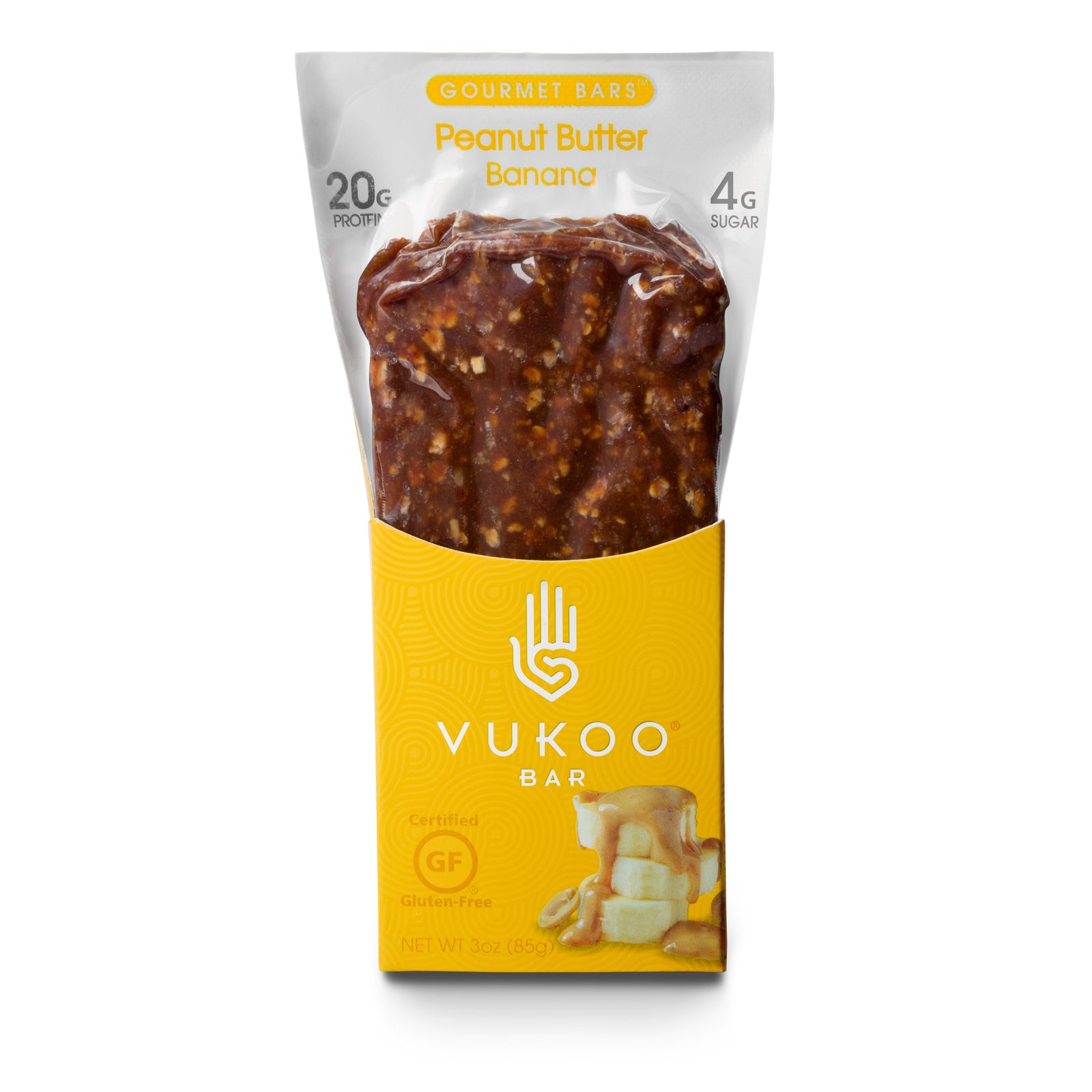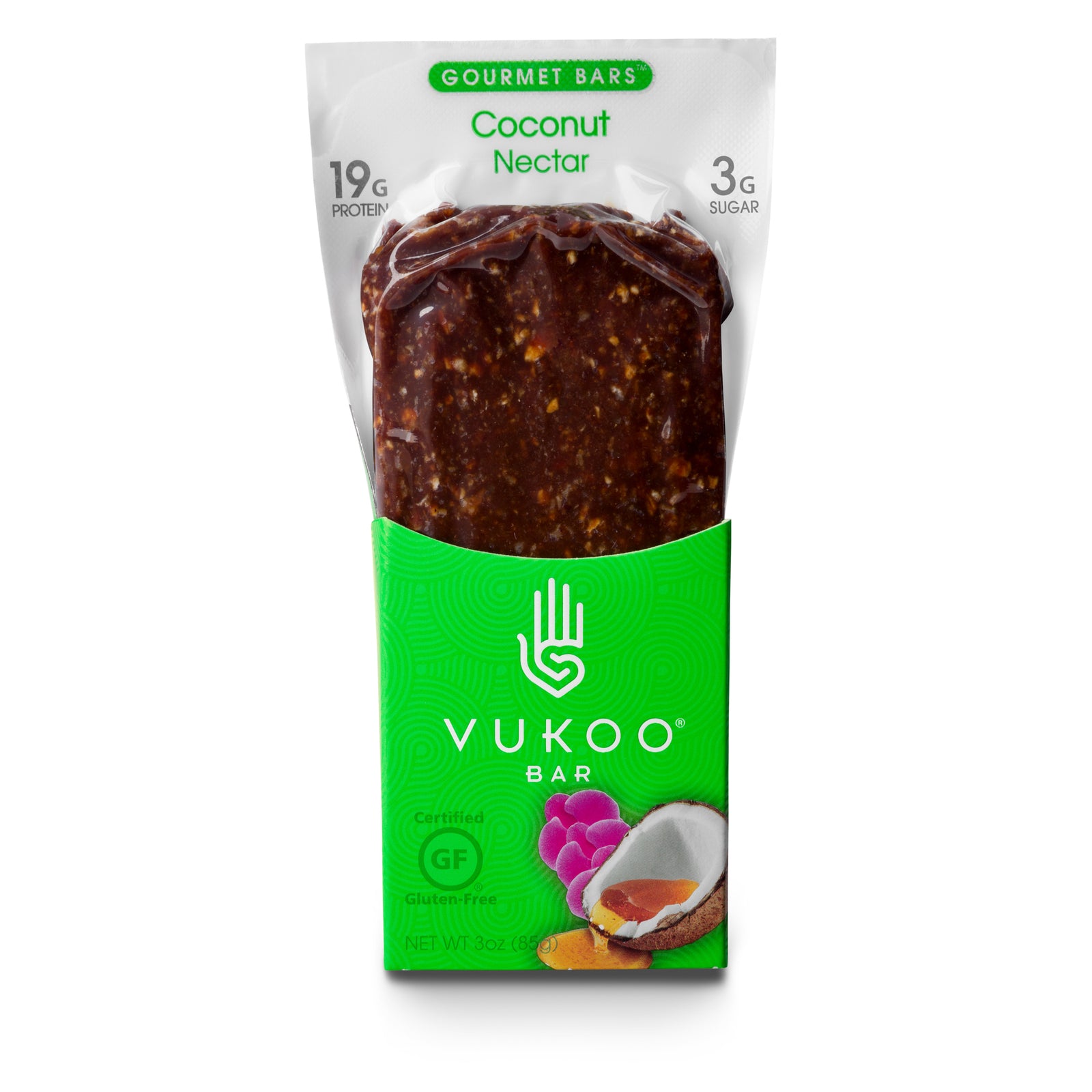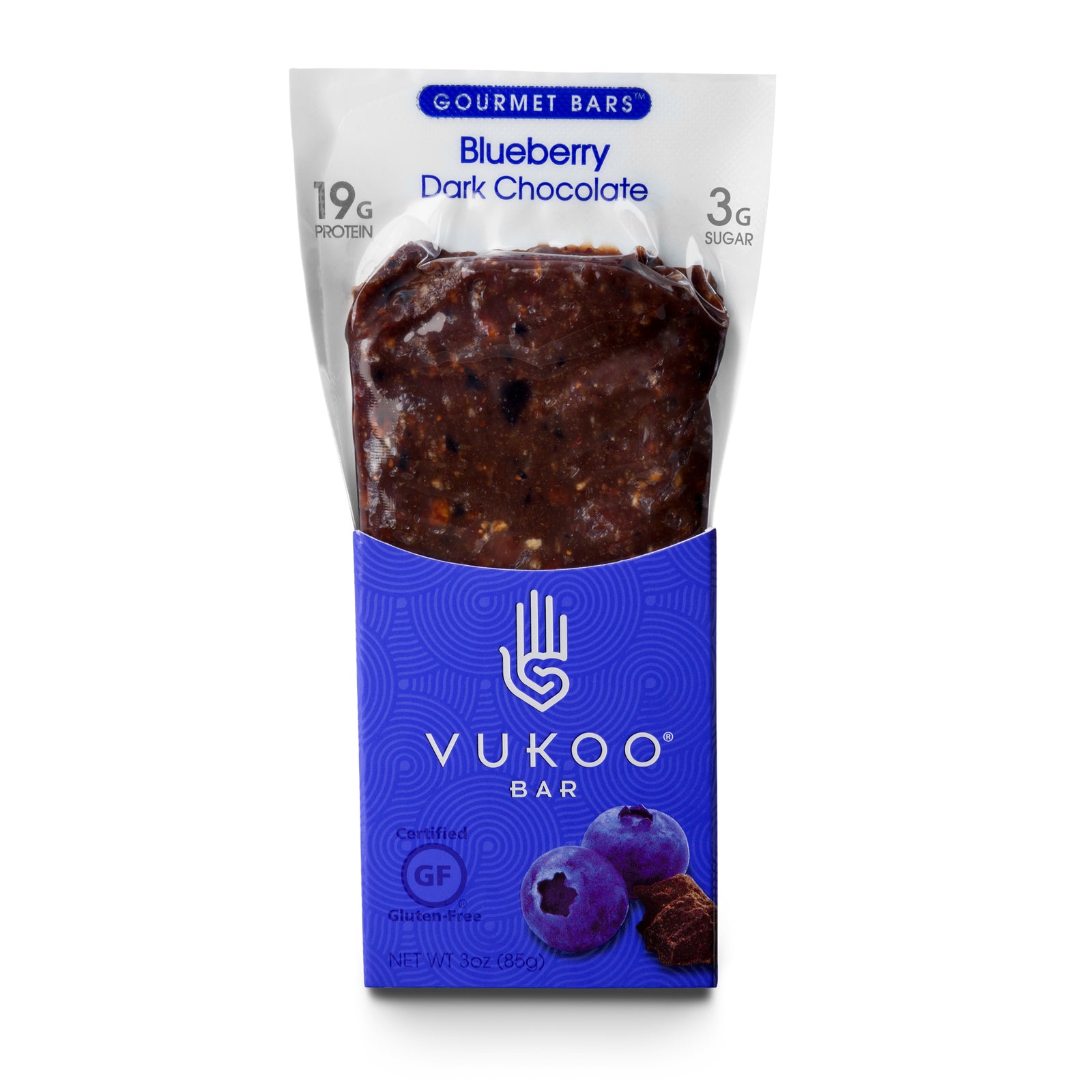1. Cut the crap.Work to minimize, reduce and/or eliminate foods that aggravate the intestinal lining. This will, of course, depend on you, but in general, some of the most noteworthy offenders include things like wheat, dairy*, sugar and GMO foods; also soy, beans, corn, artificial sweeteners, anything processed or artificial (often high in added sugars, “bad” fats, sodium and other toxic chemicals).
*Dairy is not inherently bad, but not all dairy is created equal. Some dairy products may cause fat loss resistance and negatively impact our health, but others deliver a dose of nutrient density and lend a number of potential health benefits. If you do choose to consume dairy, look for higher quality, less processed products that minimize your exposure to antibiotics, hormones and other chemicals. These include products that are: antibiotic-, hormone- and pesticide-free; grass-fed; pastured-raised; organic; and raw. Highly-processed low-fat and fat-free dairy products may be void of fat, but are often loaded with added flavors, sugars and stabilizers to fill that void so as not to compromise flavor. At Vukoo, we’re all about flavor without compromise. And while we do use whey protein in all of our bars, it’s high quality and both gluten- and lactose-free (lactose is a milk sugar and both are common dietary irritants and allergens).
2. Just eat real food (JERF). Choose mostly real, whole foods all of the time. Lots of organic fruits and veggies, grass-fed beef, bison, pasture-raised chicken and turkey, wild-caught fish and nuts and seeds, in moderation (remember, too much of a good thing is still, too much). To think that we’ll never eat processed foods again is unrealistic. It might not be perfect, but it’s human. So instead of letting perfect be the enemy of good, when you do eat processed, choose products made with high quality ingredients and short, easy-to pronounce ingredients lists. And for those times when real food is not an option, you’re busy and constantly on-the-go, we’ve gotcha covered.
3. Add fermented foods to your diet. This includes things like kombucha (read your labels and watch for ADDED sugars), kefir, high-quality salami and other cured meats and sauerkraut [NOTE: if you’re buying it from the store versus making your own, be sure that it’s refrigerated & bubbling] and beets. We love these Fermented Ginger Carrots from Steph of Stupid Easy Paleo.
4. Add a probiotic. The perfect for you probiotic will, again, depend on you. We love this probiotic guide from digestive health expert and naturopathic physician Dr. Jillian Teta of Fix Your Digestion. Or, check out the Whole Body section of your local Whole Foods and ask a team member for help. And, if you’re in one of the Colorado (CO) Whole Foods locations, swing by the refrigerator section and treat your tastebuds to the Vukoo experience! If you do, snap a pic and tag us on Instagram :) If you’re not in CO, come say ‘hey’ anyway, and tag your local Whole Foods where you’d like to see Vukoo bars made available.

5. Add dietary fiber. Fiber is an integral part of a healthy diet and has important implications for digestive health. We talked about fiber and many of those benefits here, so if you’ve not checked it and suspect your intake is lacking, you should. But, if you don’t really care about they ‘why’ and are more interested in the “how-to’s” in terms of adding fiber to your diet, here are a few ideas to help get you started:
- Quality whole grains (e.g. organic oats*)
- Fruits (e.g. coconut - found in SIGBU and BIYU)
- Vegetables
- Beans, peas and other legumes, if you tolerate them (e.g. carob - found in NEGU and SIGBU)
- Nuts (e.g. almonds*) and seeds
*Found in all of our protein bars that pack a whopping 10+ grams of fat-burning fiber per bar, and go where you go, making a lean lifestyle easier and sustainable.
Increase your fiber gradually and with plenty of fluids to allow your gut bacteria to adjust (it works best when it absorbs water, like a sponge). Adding too much too quickly can lead to gas, bloating and cramps; even nausea and constipation. It’s no bueno.
6. Reduce stress.Chronically elevated stress over a prolonged period increases cortisol, which can make us hold belly fat and wreak havoc on our health. Block time for yourself daily to do more of what you love, then guard it. Set a reminder on your phone or calendar if it helps.More on this in next week’s post, but it is so important to take care of YOU first. Think of yourself as the nucleus; the center. The better care you take of yourself, the more physically and emotionally available you can be to other people when they need you. To make yourself top priority is not selfish. In fact, the more time you take for you, the better. Even if you can only afford ten minutes, do it. Here are a few ideas:
- Go for a leisure walk after dinner to decompress - light activity after meals has been shown to improve digestion. Outside is best, but do your best.
- Listen to an audiobook, music or a podcast
- Journal
- Take an epsom salt bath, even light candles
- Some types of yoga or sauna
- Read
- Spend time with family, friends or pets
- Mani/pedi, facial or massage
7. Sit down, then slow down.How often do your find yourself mindlessly munching while you cook dinner, grabbing handfuls of this or fistfuls of that with every pass of the fridge/pantry? Scarfing down food on-the-go, behind the wheel or at your desk? Scrambling to try to get four different meals on the table for your spouse and three kids? Make an effort to sit down at all major meals, chew your food thoroughly and put your fork down in between every bite. Practice mindfulness. Even use smaller silverware. How we eat is equally as important as what we choose eat. When we eat too fast, we are more likely to overeat because it takes time for our body to catch up and signal feelings of fullness (this has to do with hormones - another conversation for another day). By the time that it does, we’re often already stuffed, which never feels good physically or mentally.
8. Pay attention to how foods make you feel, while you are eating them *and* after.Whether a common dietary irritant or allergen or not, if you suspect something is not working for you, consider a 7-14 elimination to assess how you feel without it. Following this period, reintroduce slowly, if you choose, then monitor and adjust accordingly. Pay attention also to how different foods impact your digestion, immunity, skin health, hunger, cravings, energy levels, bloat, mental clarity (focus), stress, sleep and mood, among other things. These things should be balanced. If these things are not balanced, it’s a good indication that your hormones are not balanced and your hormones dictate, well, a lot. Another story for another day, but hormonal balance is one of the pillars of a lean lifestyle. Bottom line? Abide by no food rules, but one: eat only foods that you love, that love you back.
Which of these tips did you find most helpful? Which will be hardest for you to implement? Let us know on ourFacebook page, or snap a pic and tag us onInstagram to show us what you’re doing to take care of your digestive health!
"Eight (8) Tips to Improve Your Digestion and Feel Better, Right Now"; by Vukoo®

